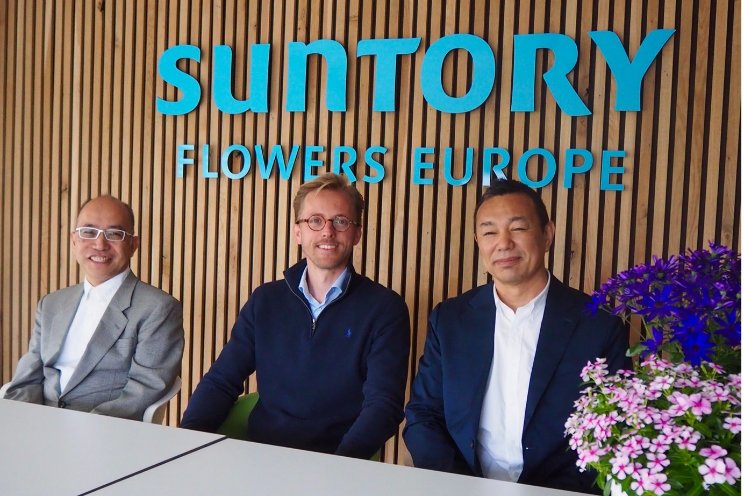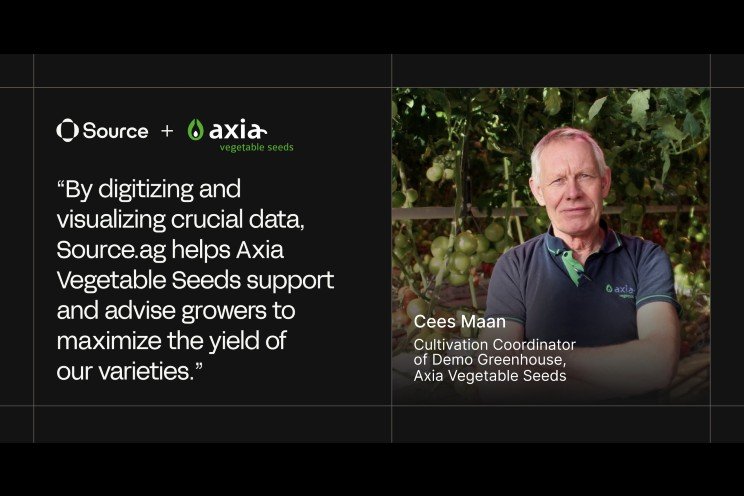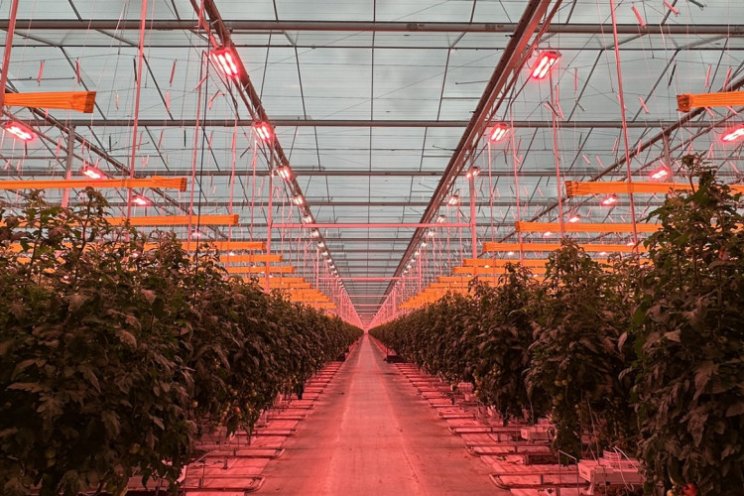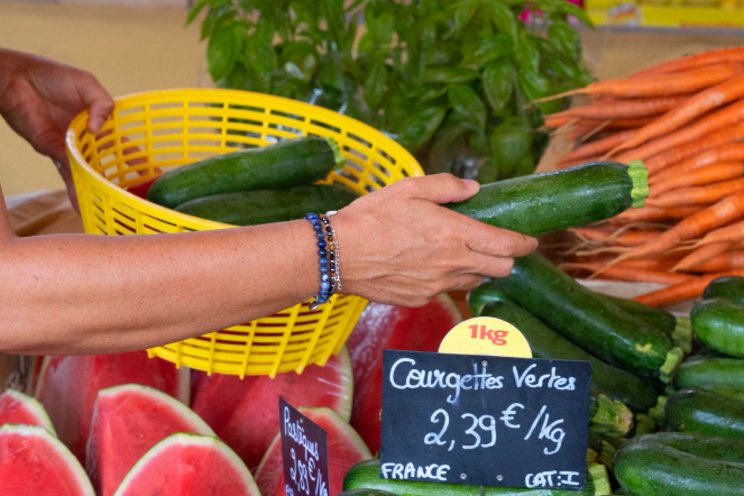Why this partnership is a potential game-changer
Added on 03 May 2021

Dutch Heritage Gardens (#86 on Greenhouse Grower's Top 100 Growers list), located in Larkspur, CO, is one of the leading bedding plant growers in the U.S., supplying more than 200 retail locations in Colorado and surrounding states with flowers year-round. Royale Botanicals, an arm of Dutch Heritage Gardens founded in 2017, has been successful in breeding several winning hemp cultivars for CBD biomass extraction and smokable grade flower. Several of their cultivars are an excellent choice for both smokable and extraction, giving growers a multipurpose crop for higher monetization.
Royale Botanicals will now work alongside Dümmen Orange's Quick Plug division to facilitate the production and distribution of the hemp clones, which are now available through Vaughn's Horticulture or Dümmen Orange representatives. The two companies plan to produce the hemp cuttings with Quick Plug technology to start. The long-term plan is to produce the cuttings out of Dummen Orange's Guatemalan facility using Basewell technology. The laws in Guatemala do not differentiate between cannabis and hemp, so production will remain in the U.S. until that changes.
Hemp is a notoriously finicky cutting to root and difficult to ship as an unrooted cutting because of the detrimental effects (e.g., transpiration, ethylene production) that occur during transit. With the addition of Basewell technology, the clones will get a head start on the rooting process, which will result in producers enjoying better success at rooting hemp without having to maintain mother stock.
"We hope to sell the clones not only to field farmers for CBD oil production but also to greenhouse growers that have extra space during their off season to grow smokable hemp," says Aaron Van Wingerden, Owner and President of Dutch Heritage Gardens.
Smokable Hemp Market Holds Profitable Potential for Greenhouse Growers
While typically April to mid-July is the planting window for field-grown hemp, smokable hemp could be a profitable year-round crop for controlled-environment greenhouse growers. The smokable hemp market, which includes loose hemp buds, CBD pre-rolls, and other inhalable products, is a fast-growing market segment within the hemp industry. It has an estimated worth of $80 million and strong growth projections of up to $300 to $400 million through 2025, according to Hemp Industry Daily and Nielson Research, who report that the average annual spend on smokable hemp products already exceeds the average spend on pipe tobacco and loose cigarette tobacco.
"My goal is to provide growers with low input costs for clones, so they understand they can get a high-quality product with the clones and they don't have to revert to the seed route to get low input costs," Van Wingerden says. "If we can utilize Basewell technology and the AutoStix transplanting machines, our costs as a rooting station drop dramatically, and we can pass those cost-savings on to the farms."
Even though Van Wingerden and Dümmen Orange hope to bring the price of clones down for producers, their focus remains solely fixed on producing a high-quality product with consistent performance that growers and farmers can cultivate successfully.
"We need sustainable, successful farmers to professionalize this industry and meet the demand as it grows," says Jamie. "But this is not a matter of trying to come up with a commodity product to get in and get out of the market," says Jamie Chittum, Director of Business Development for Dümmen Orange's Quick Plug Global Division. "We are trying to create the next stable supply chain for this next major commodity, but we are not creating a commoditized product."
Hemp Clones Offer Consistency, Uniformity, and Safety
Consistency in performance and uniformity is not always easily achieved when growing hemp from seed, which is why, once realized, the two companies' aspirations to bring down clone prices while maintaining quality and reducing the genetic risks involved with production could be a game-changer for the industry because hemp clones have a lot to offer, including:
- Zero percent chance of hermaphrodites
- No pollination
- Zero risk of seeds
- Genetically identical
- Uniform growth habit
- Identical flower response
- Harvested flower can be smokable
- Biomass with higher CBD %
- All THC % the same in every plant
- Manageable risk of compliant crop
- Specific harvest timing.
"There is a clear bottom line value for using hemp clones in this marketplace," Chittum says. "Aaron has de-risked a lot of the process for growers, which will allow for better planning and consistency in the end product."
Hemp Clones Are a Better Bet for Compliance
With a crop that takes six months to grow, considering how it will perform on the back end in terms of return on investment is just as important as looking at the input costs, according to Van Wingerden, who says what they are offering to growers is safety.
"Compliance should be the biggest selling factor here," he says. "When you breed hemp seed, it's almost guaranteed that a percentage of those seeds will have the genetic make-up of a low-grade marijuana strain. If an inspector picks the wrong plant for testing out of your field, you could end up burning everything and losing your investment. That type of risk isn't there with clones because everything is the same."
For greenhouse growers and field farmers, the specific harvest timing gained by using clones will allow them to easily schedule their hemp crops and time them around other crops they grow.
"We want this crop to end up in rotation with other crops such as corn or soy," says Chittum. "You need a very consistent and reliable product to achieve that goal. This is the value of us working with Aaron because he is an excellent selector of the genetics and they are field-tested. We will be able to help farmers figure the exact timing for rotating their hemp crop in with other crops they produce or staggering their hemp production with different strains to maximize the season."
Both parties are optimistic that the hemp market will continue to evolve and provide more opportunities for field farmers and greenhouse growers.
"We are excited to work alongside one of the most renowned companies in horticulture," Van Wingerden said in the Dümmen Orange press release. "The hemp industry needs leadership and stability. We believe, together, that we can help steer the industry in the right direction."
Source and Photo Courtesy of Greenhouse Grower
Source: Greenhouse Grower
More news















